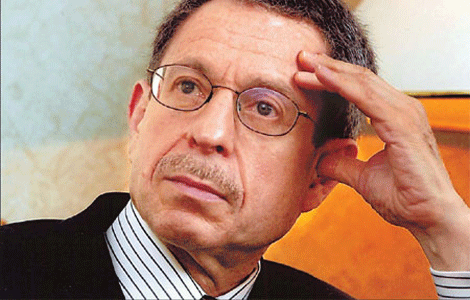Wild child's wacky styles
Updated: 2011-08-27 07:55
By Han Bingbin (China Daily)
|
|||||||||

|
Shang Wenjie (main picture and three upper pictures) is known for her imitation of Western stars. File photos and photos provided to China Daily |
Musician Shang Wenjie's outlandish fashion statements say more than most care to hear. Han Bingbin reports.
When Chinese people call Shang Wenjie "China's Lady Gaga", it's not meant as a compliment.
Rather, the moniker conveys disdain for her imitation of Western fashion.
Shang traipses across red carpets with half her face painted yellow, her hair curled into a ball of frizzled wool, a mask shaped like an eagle's beak or headgear shaped like a bird's nest.
Such daring antics have earned her another nickname - "Leiren Jiaomu", which translates as, "Lady Shock".
To these detractors, she has failed to live up to the role of being China's Lady Gaga.
Her current image would have been unimaginable when the former French major at Shanghai's Fudan University first appeared in the "fair lady" role of the 2006 Super Girl reality TV singing competition, China's take on American Idol.
Shang dressed more conservatively than the other contestants and barely moved onstage. She projected what audiences widely considered a "petty bourgeois" identity, marked by reticence, elegance and arrogance.
Kevin Tsai, the Taiwan talk show host who judged the competition in 2006, said: "I would love to hear you sing jazz in a little pub."
Then, people were more likely to liken her to Norah Jones or Ono Lisa.
Her transformation has sparked speculation that her subsequent flamboyance is actually contrived by her publicists. Some believe she, too, is struggling to come to grips with her esoteric appearance.
Shang, however, disputes this idea.
"They have a preconception that those looks aren't really me," she says.
"But, in fact, I am a key creator of many of these fashion statements."
Shang views these looks as artistic creations that draw from inspiration and a spirit of experimentalism.
She says French actor Alain Delon introduced her to media after showing an interest in her style when she visited Paris Fashion Week in June. She was frequently praised for her appearance by passers-by in Paris, she says.
"Chinese people need more time to open up to fashion," she says.
Shang believes that those who mock her appearance insult the painstaking work of the team of professional makeup artists and clothing designers.
And she's not afraid to retort to criticism.
"Don't mistake me for a goody-goody," she says.
"I have a bad temper. If people don't respect me, I won't respect them."
Shang calls herself "a freak since birth". She behaved differently from "at least 90 percent of other people" as a youngster, she says.
She failed Chinese-language courses but got an A in computer programming. Even her parents don't really understand her, she says.
"I am a cynical rocker," she says.
"I don't mind saying I'm a bit rascally, too. I would compare myself to Pink or Amy Winehouse."
Shang says it's important to show who she is. "(Otherwise), people won't understand what I'm doing."
Failure to understand her causes her mental anguish, she says.
"An actor's value is seen in the different roles he plays," she explains.
"It's OK if you don't know what his real personality is like. But a musician has only one role to play - himself. And music should be a genuine reflection of his true personality. Music doesn't lie, so you have to be true."
She says her musical style is about to take a turn for the fantastical, too, as she will become more experimental in her writing.
Her latest release, La Muse de la Nuit, for example, fuses traditional Chinese instruments, rap, ancient Indian melodies, Southeast Asian religious music and French lyrics.
The tune is the lead song of her upcoming album, In, to be released in late August. She hopes to sell it in the United States, Europe, Japan and South Korea.
Shang also hopes the album can lead a musical fusion trend. She wrote 80 percent of the music and lyrics, she says.
Shang says the album takes inspiration from Jean-Francois Maljean, the Belgium musician who combines genres, such as piano, Kunqu Opera, electronic organs and ethnic music from Southwest China.
"China's culturally profound musical genres can gain greater recognition overseas if combined with recognizable Western elements," she says.
"Not everyone has adapted to my musical style. But I like to be a pioneer, who most people don't understand."












